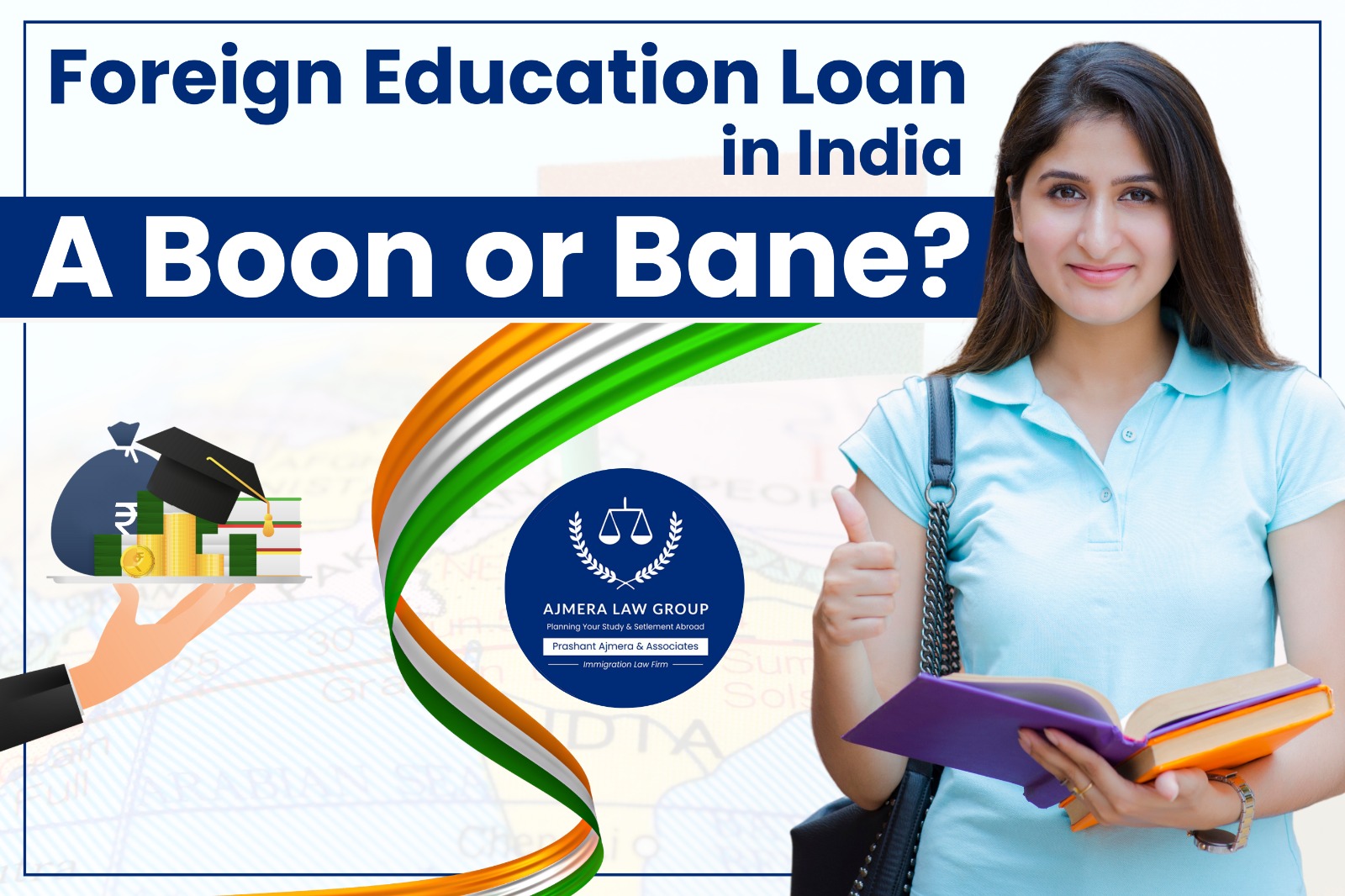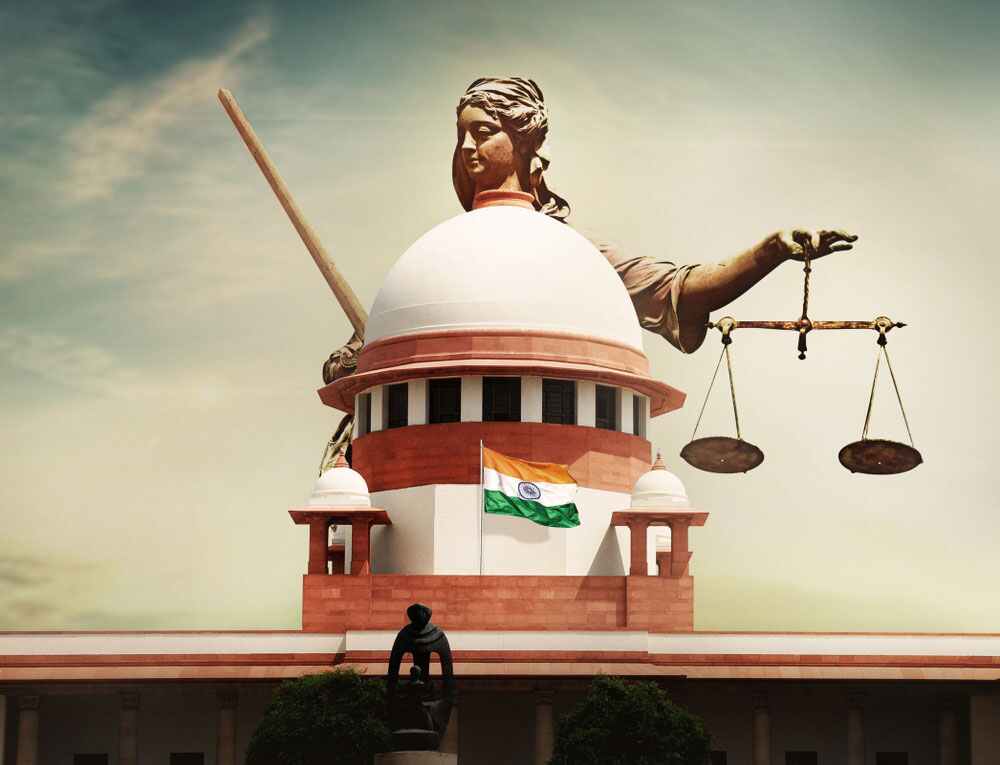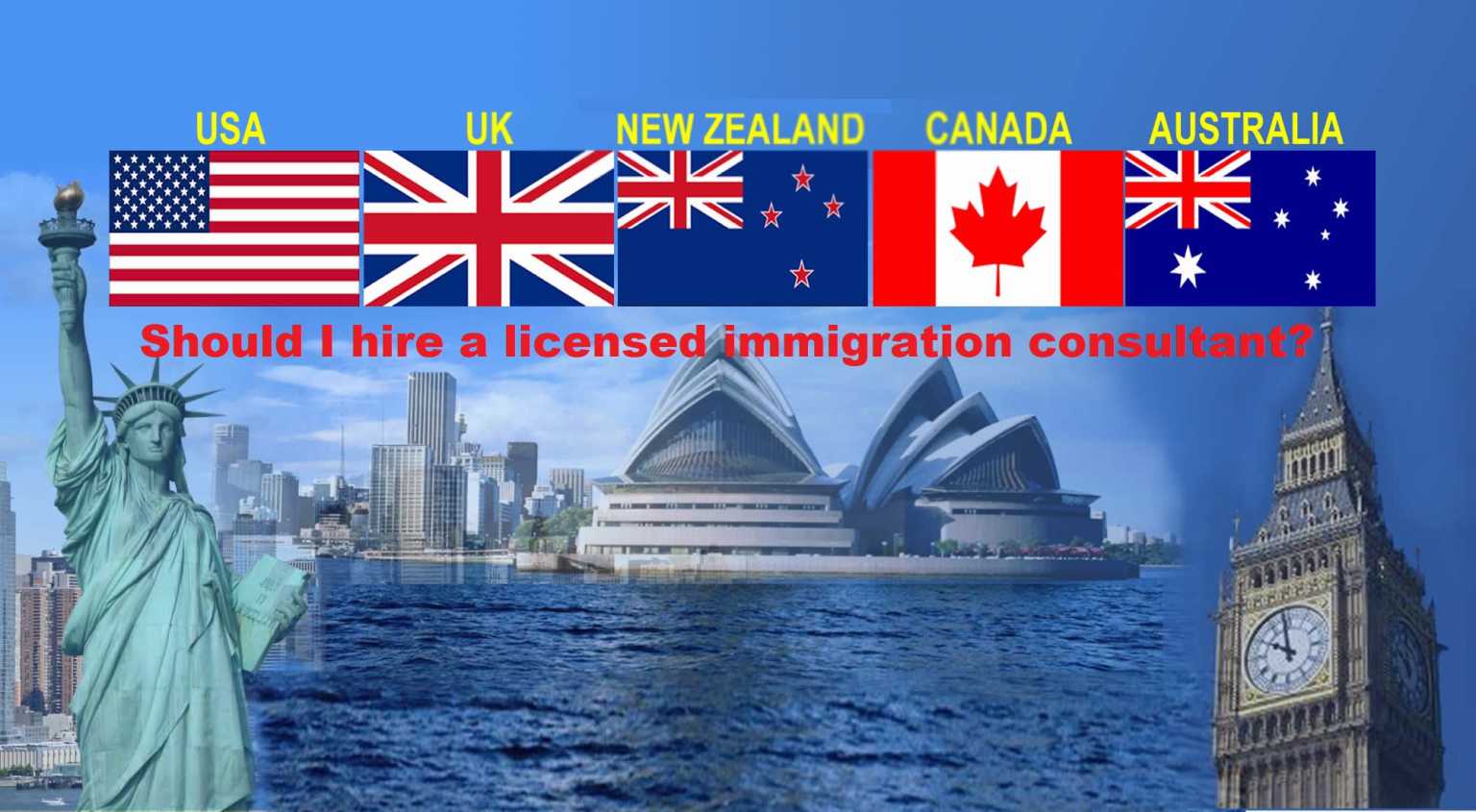Foreign Education Loan in India – A Boon or Bane?
There are numerous government schemes, both at the central and state levels, that promote foreign education loans for Indian students aspiring to study abroad. Additionally, several major Indian banks are also offering favorable terms and conditions for these loans.
Recent data from the Reserve Bank of India (RBI) reveals that Indian parents have remitted a substantial amount of money for foreign education, indicating a growing trend. The total remittance includes fees for foreign education, financial gifts to children, and other expenses, amounting to a significant sum.
Given the increasing demand for foreign education, financial institutions are actively vying for a share of this market by providing education loans to Indian students.
However, it is essential to assess whether these loans are a blessing or a curse based on the success rate of Indian students in achieving their educational goals and the potential for career prospects and settlement abroad.
To understand the foreign education market, one must recognize that it is predominantly dominated by unregulated agents and consultants across India.
In the past, many Indian professionals who immigrated to various countries believed that studying abroad guaranteed a successful life. While this may have held true a decade or two ago, it is certainly not the case in 2023.
Historically, students primarily pursued master’s degrees abroad for a duration of one year at university-level institutions. During this period, the cost of education was manageable for families, and students often worked part-time jobs. After completing their master’s degrees, they were well-positioned to secure jobs, particularly in English-speaking countries like the USA and Canada.
However, the current trend in studying abroad extends beyond master’s degrees. Students now consider pursuing undergraduate studies, including postgraduate diploma programs, or enrolling in private colleges and universities. Unfortunately, many overlook crucial factors such as the cost of education, English language proficiency requirements, and relevant work experience in India.
Let’s consider an example of a typical middle-class Indian student aspiring to study abroad and settle in Canada or a similar country.
Several factors need to be considered:
- Foreign Education Cost Consideration: The cost of a typical four-year university education can range from 1 to 1.5 crores in terms of tuition fees and related expenses. This financial burden is often unaffordable or undesirable for many families. As a result, these students and parents are lured into pursuing the “foreign dream” by opting for private or semi-private colleges, which offer education similar to Indian polytechnic or diploma programs. The cost of education in such institutions ranges from 8 to 15 lakhs, significantly lower than that of universities.
- English Language Consideration: Many students aiming to study abroad face challenges with English language proficiency for various reasons. Consequently, the demand for English language classes has grown in India. Low scores in English language proficiency tests often hinder Indian students’ admission into university programs, whether they have completed their 12th grade or hold three or four-year bachelor’s degrees. These students are then redirected to the aforementioned private or semi-private foreign colleges.
- Rushing Abroad without Indian Work Experience: The prevalent belief that studying abroad guarantees a successful future has led students, parents, teachers, professors, and career counsellors to advise immediate relocation. Unfortunately, much of this advice fails to consider the crucial aspects of studying abroad, settling, and understanding the immigration rules of the respective countries.
Now, let’s examine the immigration systems of the three most popular destinations for studying and settling abroad: Canada, Australia, and New Zealand.
These countries’ immigration processes typically involve criteria and point-based systems. If applicants meet or exceed a certain score threshold, they become eligible for permanent immigration.
The criteria for permanent immigration generally include the following factors:
- Education in India and abroad
- Age
- Minimum 1 to 4 years of relevant work experience in India and abroad
- English language proficiency score
- Blood relatives residing in the respective countries
- Job offer from a company
- Spouse’s education, work experience, and fluency in the English language
The strong belief among Indian students and parents that studying abroad guarantees a successful life is often fuelled by unregulated agents and consultants. These agents promise low-cost education, admission with low English language proficiency scores, and no requirement for prior work experience in India.
Unfortunately, these three factors can lead to disastrous career outcomes for Indian students. They struggle to find employment related to their education, face challenges with English language proficiency, and realize that the courses they pursued are not in demand in their host countries. These factors collectively hinder their job prospects, immigration prospects, and ability to settle abroad.
Foreign education loans obtained from Indian financial institutions can become a curse rather than a blessing for students and parents. When students are unable to secure employment or immigration status in their host country their families in India are unable to repay the loan EMIs, which can result in financial hardship, leading to the loss of family property.
It is alarming to note that in the past 3-4 years, a significant number of Indian students in Canada have resorted to extreme measures such as suicide, falling victim to immigration fraud, or engaging in criminal activities due to the inability of their Indian families to support them.
Similarly, studying in the USA can lead to disappointment for many students as they face challenges in obtaining an H1B visa. Moreover, the waiting period for a USA green card for Indian students as of July 2023 is 12-20 years, and without an increase in the green card quota by the US government, this waiting time may further escalate.
Consequently, studying and settling abroad should be a decision made after carefully exploring ALL available options rather than rushing into a foreign country without considering the long-term implications.
About the Author:
The author of this article/blog is Prashant Ajmera, an Indian immigration lawyer and the founder of Ajmera Law Group. He has been a Canadian citizen for the past 30 years and is also the author of two books: “Millionaire of the Move” and “How to Plan for Your Child’s Foreign Education: Myth vs. Reality”. He has been assisting and advising Indian businessmen to establish businesses in Canada since 1993. Consult us





